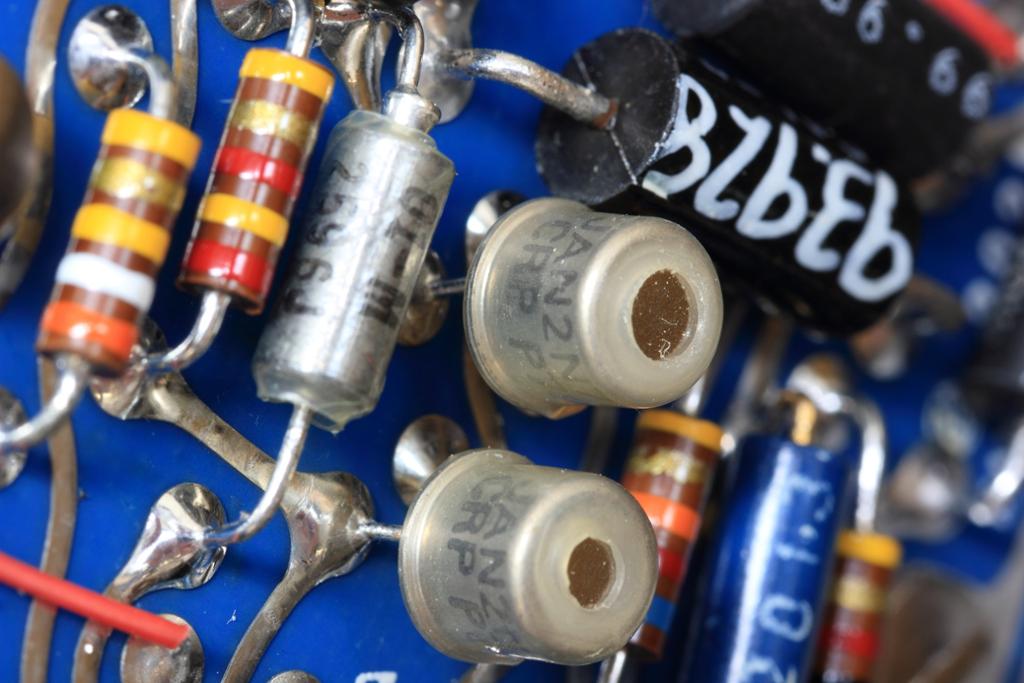Electric, Electrical or Electronic?

When a device is electronic it will run on controlled electric impulses. Small interconnected circuits (semiconductors) enable the operator to control the device by giving the necessary impulse. Electronic devices run on low voltage d.c (direct current) and have small IC-frames. Mobile phones, computers, MP3 players are examples of electronic devices. They will need a power source to work, such as mains voltage or a battery.
An electric device is something that works directly on mains voltage, meaning they will need electric power from the mains to work. An electric heater, an electric guitar, a toaster, an iron are examples of electric devices. Some devices that are plugged directly to the mains may still run on low voltage d.c, as the high voltage a.c. (alternating current) will be transformed and rectified inside the appliance.
The term electrical usually refers to the subject matter as such. You can do electrical studies and become an electrical engineer.